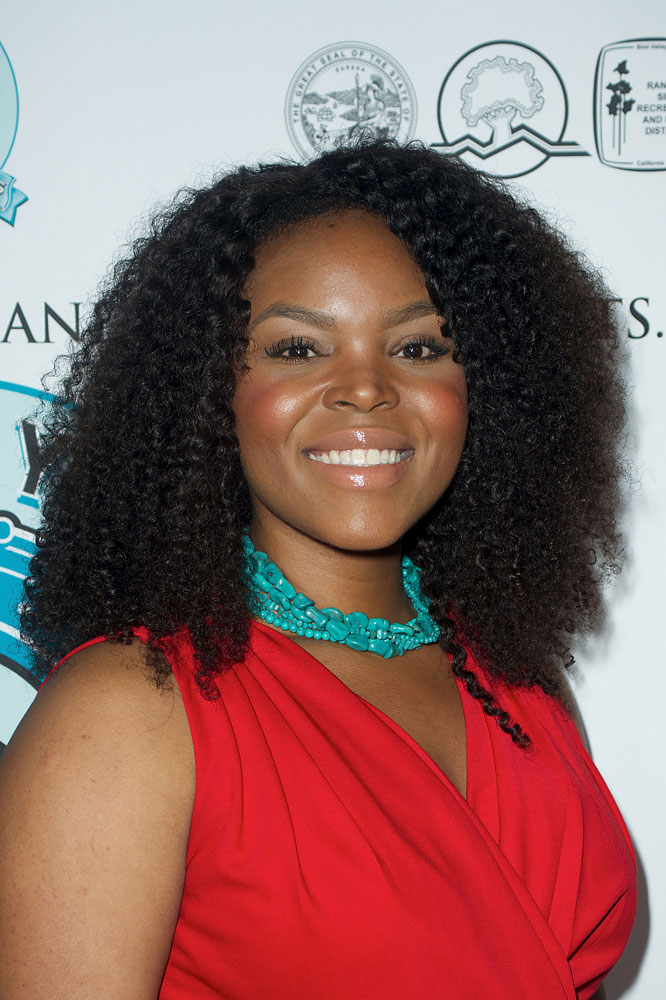
Mayors from around the country want their cities to be more like Brooklyn — but they also don’t.
During a discussion on urban planning during the Essence Musical Festival on Saturday, mayors from Atlanta, Compton, Baltimore and New Orleans used the example of the New York borough to talk about a touchy subject facing their cities: gentrification. Essence is owned by TIME’s parent company, Time Inc.
Compton, California Mayor Aja Brown said she wants her city, known as a rap hotbed, to experience a renaissance similar to that seen in Brooklyn — the hometown of Jay-Z and Biggie Smalls — which is now known more for its artisanal goods and hipsters than its once-gritty streets.
“If Brooklyn can change its image, I’m sure Compton can too,” Brown said. But Brooklyn’s new “image” has come much to the disdain of some notable residents, including director Spike Lee, an outspoken opponent of Brooklyn’s gentrification process.
“I grew up here in Fort Greene. I grew up here in New York. It’s changed. And why does it take an influx of white New Yorkers in the south Bronx, in Harlem, in Bed Stuy, in Crown Heights for the facilities to get better?,” Lee said in February.
However, Brown, who was elected in 2012, says with strategic planning cities can reshape blighted areas without sacrificing the identity of a community or excluding long-time or poor residents. That’s exactly what she’s working to do as a part of her vision for Compton, she said.
“Gentrification is a problem of poor planning,” Brown said.
The United States is on a path of increased diversity, expected to be mostly made up of various minority groups by 2050. Cities are the center of that growth — about 80% of the U.S. population lives in urban areas of 50,000 residents or more, according to the 2010 census, and a recent Brookings Institution report says minorities have made up 98% of the population growth in the country’s biggest cities over the past 10 years.
New Orleans Mayor Mitch Landrieu leads a city that has long prided itself on its inclusion and diversity, despite some residents’ uneasy reaction to rebuilding post-Katrina. Landrieu said Saturday that communities’ shifting attitudes toward diversity could cool tensions as neighborhoods shift.
“I think you can actually rebuild neighborhoods and actually produce diversity,” Landrieu said. In the past, “people thought isolation and distance brought them happiness, but now they realize diversity makes us smarter and better.”
But Atlanta Mayor Kasim Reed said it’s up to citizens to hold mayors accountable for the ways in which neighborhood shifts come into fruition.
“Impose your will and stop letting mayors off the hook with gobbledygook that they don’t know what’s going on,” Reed said.
More Must-Reads from TIME
- How the Economy is Doing in the Swing States
- Harris Battles For the Bro Vote
- Our Guide to Voting in the 2024 Election
- Mel Robbins Will Make You Do It
- Why Vinegar Is So Good for You
- You Don’t Have to Dread the End of Daylight Saving
- The 20 Best Halloween TV Episodes of All Time
- Meet TIME's Newest Class of Next Generation Leaders
Contact us at letters@time.com